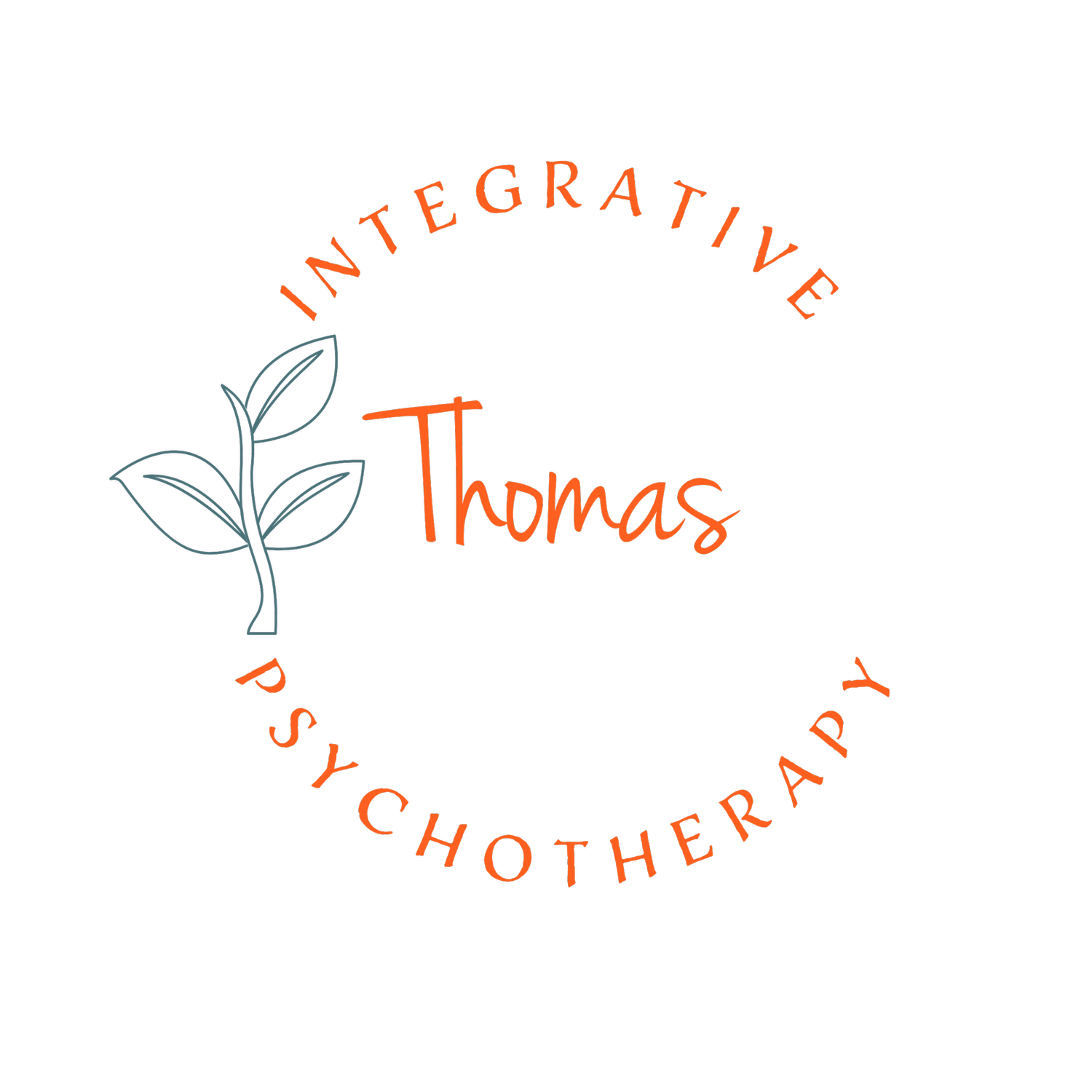Navigating Emotional Responses: Unveiling the Meaning of Being Triggered
In the realm of mental health and emotional well-being, the term "triggered" has become increasingly prevalent. While commonly used in various contexts, it holds significant weight when discussing psychological reactions. This blog aims to delve into the concept of being triggered, exploring its meaning, manifestations, and the importance of understanding and managing triggers in our daily lives.
1. Defining Triggers: At its core, being triggered refers to experiencing a strong emotional or psychological reaction in response to a stimulus, often tied to past traumatic experiences or distressing memories. Triggers can vary widely and may include sights, sounds, smells, or situations that evoke intense emotional responses.
2. Manifestations of Triggers: When triggered, individuals may experience a range of emotional and physical reactions. Emotional responses can include anxiety, fear, anger, sadness, or a sense of being overwhelmed. Physically, triggers may manifest as increased heart rate, sweating, trembling, or even a feeling of dissociation from one's surroundings.
3. Understanding the Origin of Triggers: Triggers often stem from past experiences, particularly those involving trauma or distress. These experiences create imprints in the mind, and encountering similar situations or stimuli may reawaken the associated emotions. Understanding the origins of triggers is crucial for individuals working towards healing and emotional well-being.
4. Common Triggers: Triggers are highly individualized and can vary from person to person. Common triggers include reminders of past traumas, specific phobias, intense stressors, or even seemingly innocuous situations that connect to significant emotional events. Identifying personal triggers is a key step in managing emotional reactions.
5. The Impact on Mental Health: Unaddressed triggers can have a profound impact on mental health. They may contribute to the development or exacerbation of conditions such as anxiety disorders, post-traumatic stress disorder (PTSD), or depression. Recognizing and addressing triggers is essential for cultivating emotional resilience and well-being.
6. Coping Strategies: Developing healthy coping strategies is crucial for managing triggers effectively. Techniques such as mindfulness, deep breathing, and grounding exercises can help individuals stay present and regulate their emotions. Seeking support from mental health professionals or support networks is also valuable in navigating triggers.
7. Creating a Trigger Plan: Building a trigger plan involves identifying specific triggers and outlining proactive steps to manage potential reactions. This plan may include self-soothing techniques, reaching out to a trusted friend, or developing a routine for self-care during challenging times.
8. De-Stigmatizing Being Triggered: It's essential to de-stigmatize the experience of being triggered. Acknowledging and addressing triggers is a brave and necessary step in the journey towards emotional healing. Open conversations about triggers help reduce the shame associated with strong emotional reactions and encourage a supportive environment.
Being triggered is a common human experience, and understanding its roots and manifestations is pivotal for fostering emotional resilience. By recognizing triggers, individuals can proactively work towards managing their emotional responses, leading to a more empowered and mindful approach to mental health. Embracing open conversations around triggers contributes to a compassionate and understanding community, ultimately promoting emotional well-being for all.
